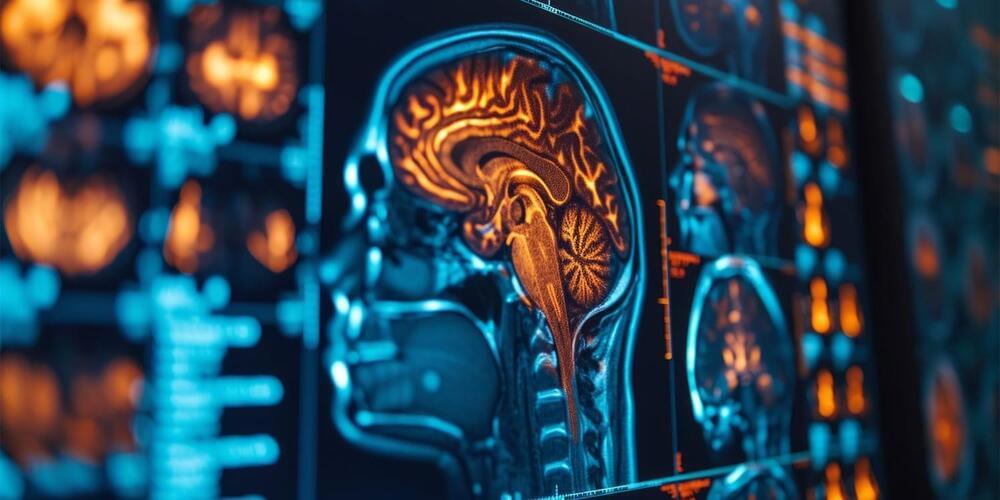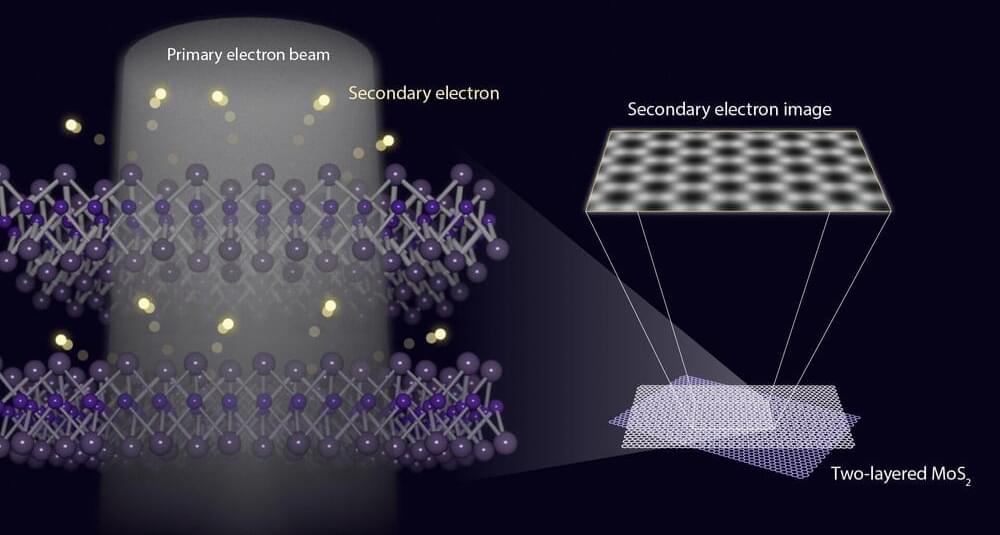Nov 19, 2024
Founder and CEO of Figure AI Brett Adcock says that robotics is now an AI business
Posted by Shailesh Prasad in categories: business, robotics/AI
Founder and CEO of Figure AI Brett Adcock says that robotics is now an AI business, and that they have access to all the H100s they want from Microsoft, while their partnership with OpenAI will lead to robots that can reason and plan. — - — 👉 Before you go 👋 If you want to keep up with the latest news on AI startups and how they’re changing the world, join 1000+ subscribers reading our newsletter for FREE! Link in bio. — - — #brettadcock #figureai #robots #robotics #airobot #todayinai

















